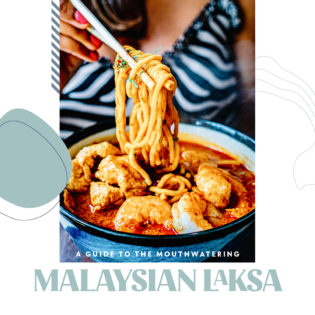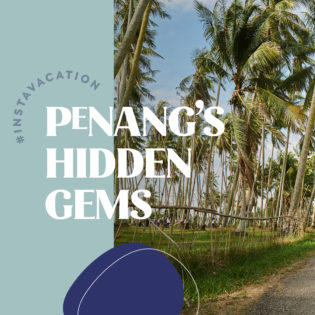Independent publishers are shaking up the literary scene with works by young and emerging talents

It’s the end of the road for the book industry, claim naysayers, but independent publishers may yet save the day. Indie publishing, usually supported by passionate individuals or a small group of printed-word lovers, has taken on a carefully selected number of literary talents that lie outside the mainstream circles. These DIY publishers spot, encourage and promote young and emerging talent, and so far, their efforts have resonated with a growing legion of literature fans.
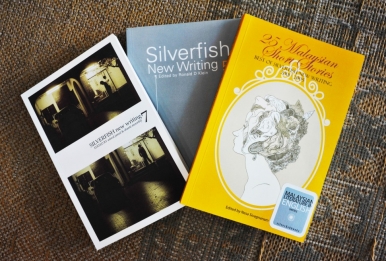
One such is Rabak Lit (facebook.com/rabaklit), the literary arm of Projek Rabak, an arts collective from Malaysia’s northern Ipoh city that has its roots in rock music. Rabak Lit was conceived in 2012 to sustain the collective and to supply its members with employment and an income. “Books outsell CDs now, so I’m making more books. The purpose of starting up Rabak Lit was so we can dedicate ourselves to the arts and not have to work full-time at other jobs,” explains one of its founders, Mohd Jayzuan.
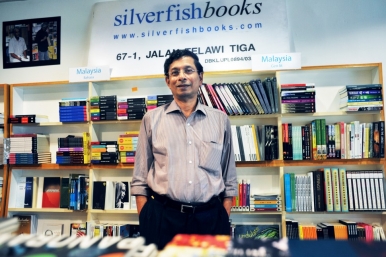
The project was initially set up to publish work from a network of friends in Ipoh. However, it was the publication of poet and singer-songwriter Fynn Jamal’s Puisi Tepi Jalan that made things take a turn. The collection of poems sold more than 16,000 copies in two years, alerting the collective of the high potential of this venture.
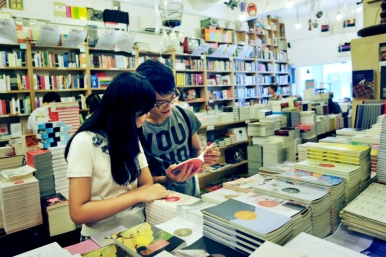
“Fynn Jamal brings poetry to a different level. She’s a cult artist and a prolific writer, and her readings are like a sold-out rock gig,” says editor and writer Syafiq Faliq, who goes by the pen name Sefa. His debut effort Melankolia Bisu sold over a thousand copies in a month.
Rabak Lit has strict selection criteria for its authors and poets, publishing only eight books in the last four years. They are picking up the pace considerably this year with the expected publication of six books. Among them are works by Takahara Suiko from The Venopian Solitude fame, blogger Anwar Hadi, Fathullah Luqman from Infectious Maggots and Jayzuan’s travelogue.

“The kind of literature alternative publishers offer is different from the normal love stories. Young people really relate to the stories by counter culture and alternative writers that centre around themes such as depression, loneliness and alienation. They tell everything to the audience, who in turn embrace their honesty,” says Jayzuan.
As the Malaysian-Malay literary scene is growing increasingly vibrant, the Malaysian English-language market has long been amply sustained by Silverfish Books. To this day, Silverfish Books remains a dominant and influential publisher.
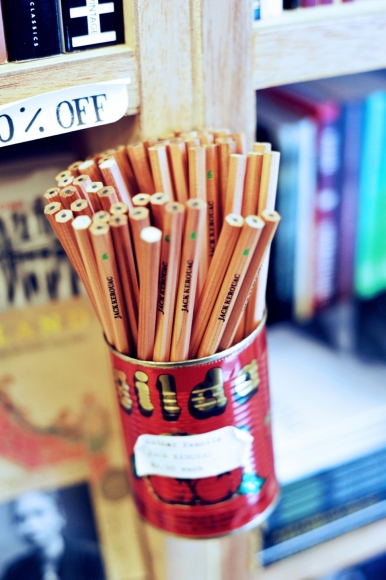
Raman Krishnan, the man behind Silverfish Books (silverfishbooks.com), turned his passion for books into a livelihood. An engineer by trade, he opened the Silverfish bookshop in 1999 to offer Malaysian readers a selection of carefully curated titles. It was a query on available Malaysian-written books in his shop, and his realisation of its dearth, that prompted a venture into publishing in 2002.
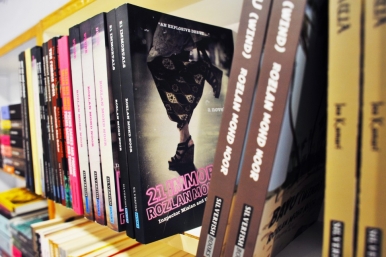
It is a one-man show at Silverfish, with Raman wearing several caps. He sources, edits, mentors, markets, sells and even occasionally designs, the books that he publishes. The process is often drawn-out, the selection of writers stringent.
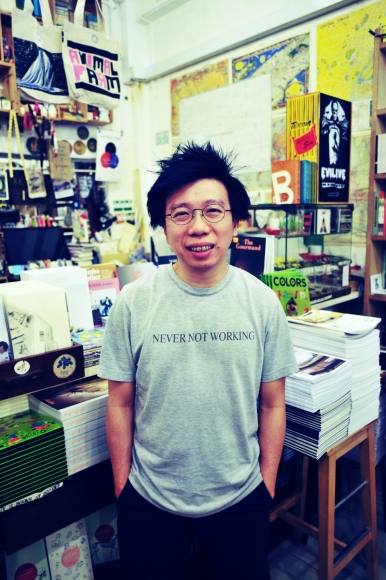
“It's a question of attitude. Do you want volume or quality? We’ve always gone for quality, to hit the high notes,” says Raman. “As an aspiring writer, you have to be confident that your work is good enough. You have to aim high. As a publisher, what I need is a good story. I can help you polish it up with good language. Language skills tend to be over-emphasised, and people tend to get the two confused.”
Silverfish is particularly well-known for its Silverfish New Writing series, an anthology of short stories mostly from Malaysia and Singapore, but his best-selling book yet is Dina Zaman’s I am Muslim, which sold 15,000 copies.
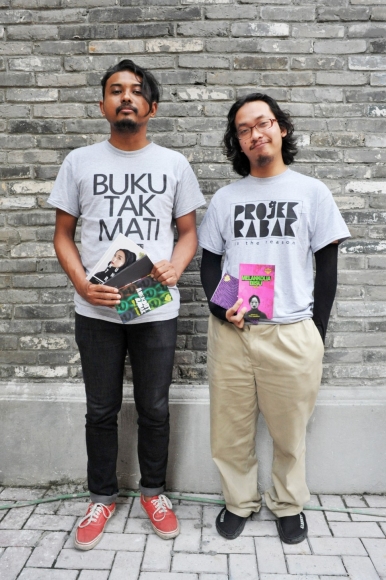
Last year, Silverfish Books published five books, including Shih-Li Kow’s The Sum of Our Follies. Kow is a triumphant story for the publisher. A Silverfish Writing Programme alumnus, her book Ripples and Other Short Stories was shortlisted for the Frank O’Connor International Short Story Award in 2009. The successful writing programme has produced literary sparks whom Raman works closely with, among them Chua Kok Yee and Rumaizah Abu Bakar. Rumaizah’s third book with Silverfish Books, a collection of travel stories to Turkey, Saudi Arabia and Indonesia entitled A Call to Travel: Muslim Odysseys, was four years in the making. It is scheduled for release this month.
Meanwhile in Singapore, Kenny Leck runs the successful boutique bookstore BooksActually (booksactually.com), located in the Tiong Bahru estate just on the outskirts of the city centre. He started Math Paper Press in 2011 to publish, promote and support young Singaporean writers and poets, many of whom are superstars of the growing literary scene.
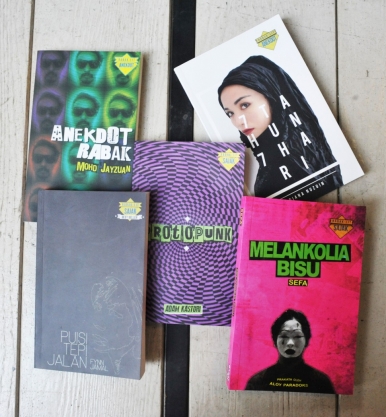
“It’s challenging but good, especially when a print runs out. Even though they say Singaporean titles are hard to sell, and Singaporean poetry an even harder sell, we’ve been doing quite well in terms of sales,” says Leck. Several titles such as playwright Alfian Sa’at’s The Invisible Manuscript, Pooja Nansi’s Love is an Empty Barstool and Krishna Udayasankar’s Objects of Affection have sold out, with a couple on their second edition. A thousand copies are produced per print run.
“It’s a happy thing to know that Singaporean literature does sell,” says Leck, who has published over 90 works with Math Paper Press, including Verena Tay’s In the Company of Heroes and Malaysian writer Bernice Chauly’s book of poems Onkalo. He works closely with design duo Sarah and Schooling on the design aspects of the slim, attractive volumes.
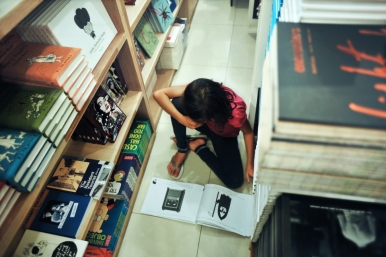
This is a good time for fans of literature as indie publishers continue to experiment, discover and publish interesting and often unknown talents in fiction, non-fiction, poetry and more. They are making reading cool. “As alternative publishers, maybe we have a hand in glamourising literature,” says Jayzuan.






